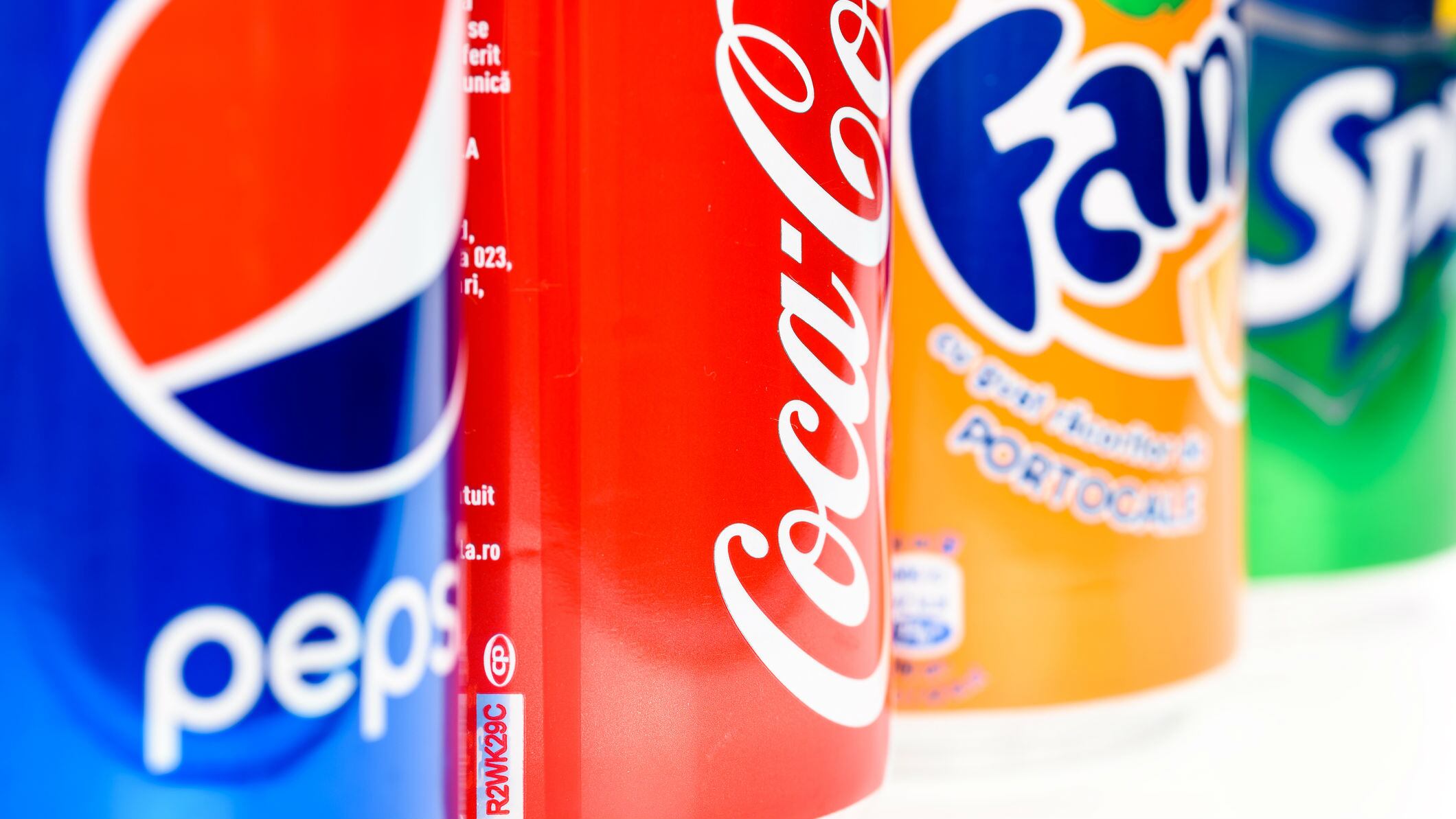By signing the memorandum, ABG pledged not to target children under the age of 12 when marketing products containing saturated fats, trans-fatty acids, sugars and/or salt, following standards which were earlier set by the GCC FBA.
The ABG is a separate body from the GCC FBA which consists of Ferrero, General Mills, Kellogg Company, Mars, Mondelez MEA, Nestle Middle East, PepsiCo, The Coca-Cola Company and Unilever.
ABG aimed to inculcate the need for responsible food and beverage advertising to the entire industry and current advertising students through the signing of the MOU, Sanjiv Kakkar, ABG chairman & EVP Unilever MENA, Russia, Ukraine, Turkey, Belarus told FoodNavigator-Asia.
“This commitment is underpinned by a harmonised nutrition criteria on a regional or national basis, for defining better-for-you options in the context of food and beverage advertising to children,” Kakkar said.
The GCC FBA first started the pledge of responsible marketing to children in 2009.
They pledged not to target children under 12 years old when advertising on TV, print and company-owned websites, unless the products met specific nutrition criteria.
Additionally, they pledged not to conduct product marketing targeted at children in primary schools, unless invited by the authorities.
The pledge was renewed in 2016 to cover a wider scope of its application on marketing platforms to include radio, cinema, DVD/CD ROM, direct marketing, product placement in children’s media channels, interactive games, and mobile and SMS marketing.
Compliance with the commitment is demonstrated via independent third-party measurement, and reports are published yearly. The GCC FBA claimed that the compliance rate is as high as 99.9%.
Inability to distinguish
The inability of children to distinguish between commercials and programme content, is the main reason for introducing the pledge, Kakkar said.
“It is recognised today that very young children cannot distinguish between commercials and programme content; even older children sometimes fail to recognise product placement as advertising,” he said.
“As the region’s leading body advocating for responsible and ethical advertising, the ABG has therefore adopted this as a proactive agenda.”
However, he also acknowledged that advertising can be a force for good when it educates, excites, entertains, and informs children in a responsible manner.



